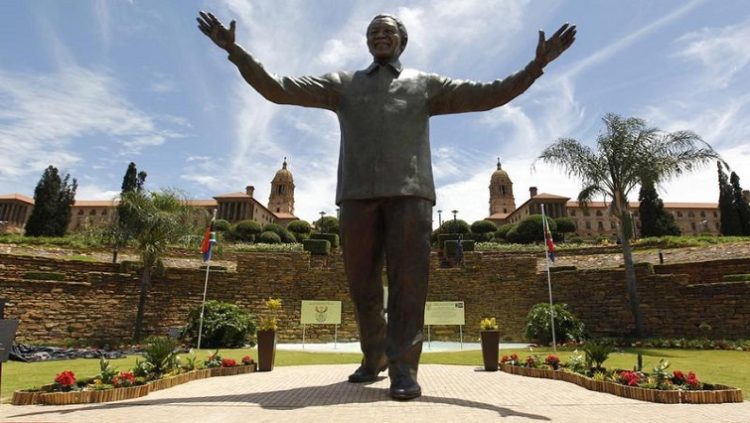Conflict advisor and former politician, Roelf Meyer, says there are certain experiences and lessons to be learned from South Africa’s 1994 Government of National Unity.
On Thursday, the ANC announced that it would invite other political parties to form a Government of National Unity. This after it failed to achieve a majority in the recent general elections.
Meyer says political parties need to work together in the best interest of the country.
“We haven’t been in this kind of position before, because we can’t compare really what is now happening with what we established in 1994 with the Government of National Unity. It was then a matter of providing for a government that could see after the transition from a party to democracy. There was an agreement about that. We had ample time to actually negotiate the content of that structure,” says Meyer.
Meyer believes South Africa should have continued with the Government of National Unit after the 1994 formation on a voluntary basis.
“Personally, I would’ve thought that we should’ve continued and proceeded with that arrangement after five years on a voluntary basis until (I) think that was very much the exactions of South Africans at that time. So, the shortcomings that were hinted as a part of the decision to withdraw, in my view, was not sufficient and strong enough to pull out. The positive lesson we have had from that was that we had an arrangement with the ANC, the IFP that actually worked quite well. I recall it was possible for me as the Minister of Constitutional Development to engage with President Mandela on more than one occasion and seek his guidance. I think the lesson we can learn is that it is possible to form a Government of National Unity. Of course, there are certain things we need to agree on. There are diverse opinions and one must respect that you must make space for that, but the national interest must prevail,” says Meyer.
GNU | Chief Justice asked to intervene in Government of National Unity formation:
At least six political parties have written to Chief Justice Raymond Zondo asking him to appoint a retired judge to facilitate talks on the formation
of a Government of National Unity.
The UDM, ACDP, ATM, PAC, UAT and BOSA say the 18 political parties that secured one or more seats in the National Assembly should be allowed to decide the make-up of government after no party garnered enough votes to constitute government on its own.
Following its Special NEC meeting on Thursday, the ANC opted for a GNU and have since held talks with various parties with the exclusion of the above.
Political analyst, Bheki Mngomezulu, on the other hand, says that in as much as the GNU is meant to bring as many parties as possible, the party with majority votes is not compelled to talk everyone.
“To then ask the Chief Justice to bring in a judge to oversee these talks, for me, it’s a non-starter, because the constitution says that if there is no outright winner, then the parties that have seats in the National Assembly have to find each other. The constitution does not say you must go to court and then seek their intervention because you haven’t even tried. But, then they do have a point! As long as you have seat in the National Assembly, you are entitled to be considered. By the way it’s not compulsory. The party with the majority of seats may decide to include you or exclude you without breaking any law.”
Political analyst Levy Ndou says the ANC appears to be indecisive on which parties to enter into a coalition with. This follows the party’s announcement that it would seek to form a government of national unity with a group of opposition parties.
Consultative talks to set up the seventh administration under the proposal have continued this weekend.
The DA is among the parties that have expressed support for the proposal. This is despite ideological differences between the DA and the ANC.
Ndou says parties should set aside their differences and move forward with the proposal.
GNU | Pros and cons of GNU:

